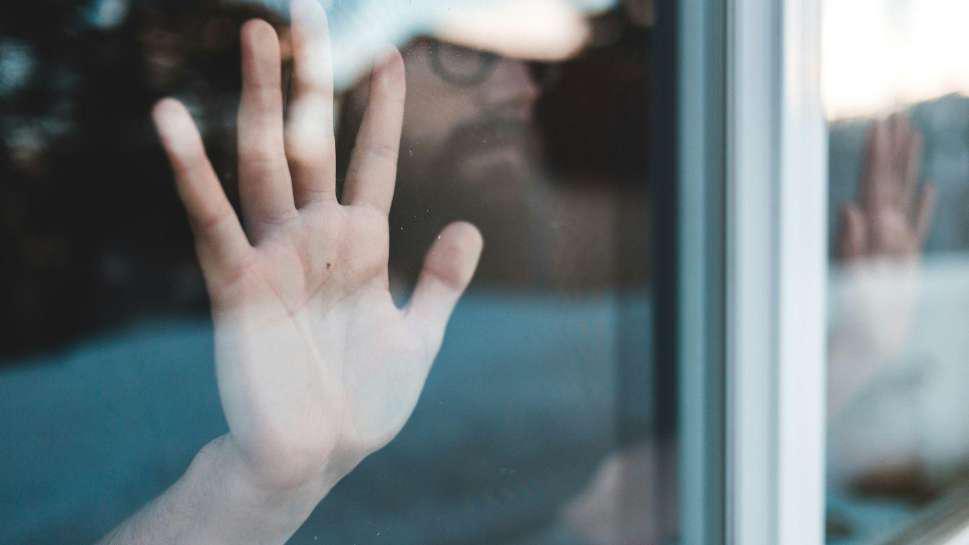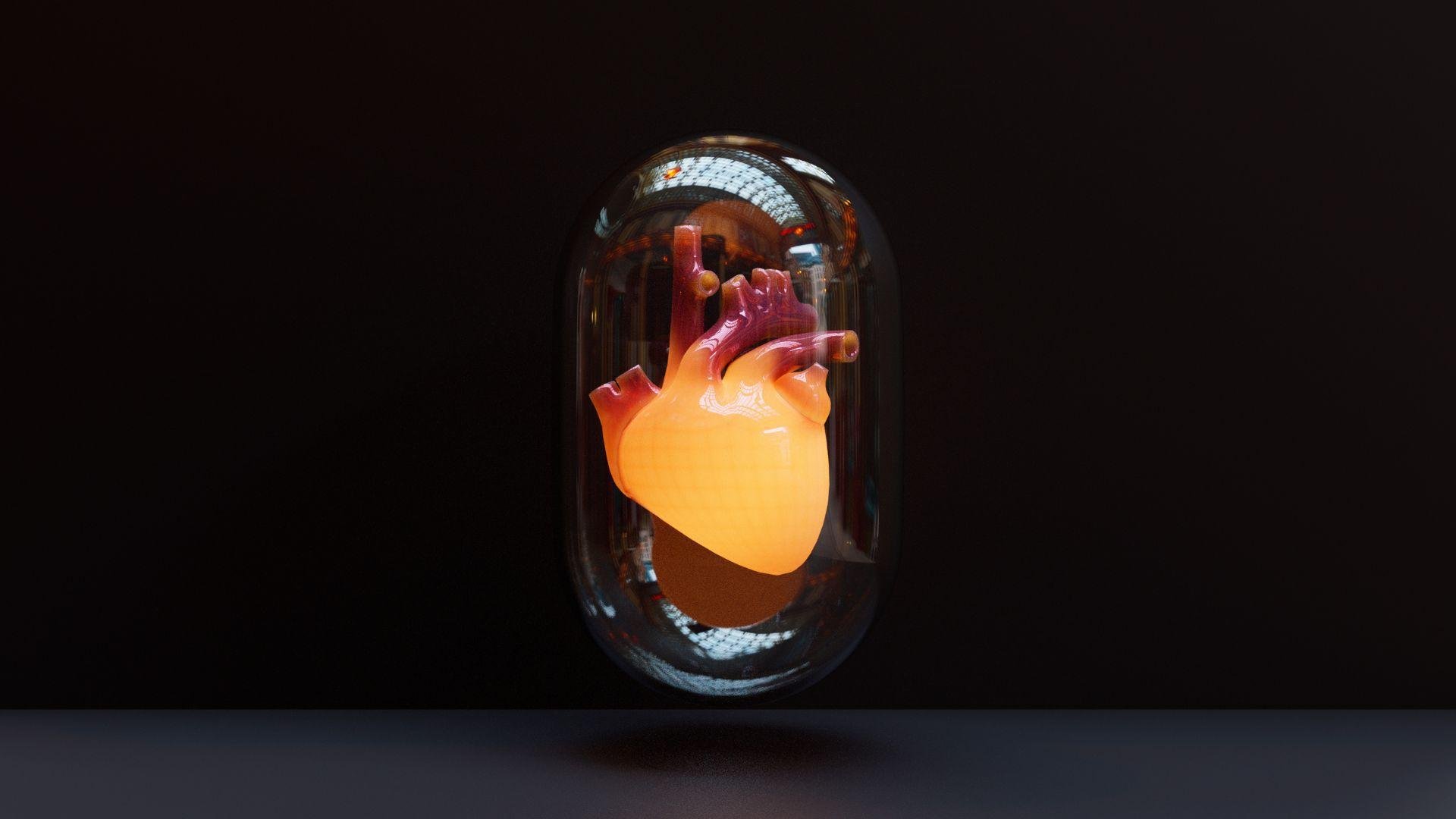The “glass delusion,” a psychiatric phenomenon, once had people convinced they were made of glass, at risk of shattering with the slightest touch. This condition, peaking during medieval times, reveals the human mind’s vulnerability and the impact of societal changes on mental health.
Despite its rarity today, the glass delusion offers a fascinating glimpse into the history of psychiatry and the mysteries of the human psyche.
King Charles VI: A Royal Affliction

King Charles VI of France, known as “Charles the Mad” according to Britannica, was one of the most notable sufferers of the glass delusion. His reign, filled with political reform, took a dark turn following his belief that he was made of glass.
This belief led him to immobilize himself in blankets, fearing any movement could lead to his shattering (via History).
The Glass Delusion’s Reach

The glass delusion wasn’t confined to the corridors of power; it spread across Europe, affecting nobles and commoners alike. Its presence in medical encyclopedias and literary works, such as Cervantes’ “The Glass Graduate,” highlights its widespread recognition and cultural impact (via BBC).
This historical spread demonstrates the universal susceptibility to mental health conditions, challenging the stigma and isolation often associated with them.
The Cultural Significance of Glass

The 17th century marked the rise of clear glass as a status symbol, a novelty that coincided with the peak of glass delusion cases. This correlation suggests a deep connection between societal advancements and the advancement of mental illness (via BBC).
The delusion reflects not just individual fears but a collective fascination and anxiety surrounding new technologies and materials, showcasing the psyche’s sensitivity to cultural shifts.
Princess Alexandra Amelie’s Piano of Fear

Princess Alexandra Amelie’s case adds a unique chapter to the history of the glass delusion. Believing she had ingested a glass piano, she navigated her palace with extreme caution, embodying the terror and isolation wrought by this illness (via History).
Her story, while peculiar, highlights the diverse manifestations of the glass delusion, emphasizing the personal nature of mental health struggles.
Treating the Untouchable: Historical Responses

Historical responses to the glass delusion varied from sympathetic care to extreme measures, such as setting a patient’s straw bed ablaze to confront his delusion (via History Collection).
These treatments reflect the evolving understanding of mental health and the desperate measures taken in the face of the unknown.
Glass Delusion in the Modern World: A Contemporary Case

Andy Lameijn’s encounter with a modern sufferer of glass delusion in the Netherlands challenges the notion that this condition is a relic of the past (via Medium).
This case, being more recent (from the 1830s), provides a unique opportunity to understand a historically enigmatic illness within a contemporary context, offering insights into the timeless nature of human fragility and the need for understanding in mental health treatment.
Psychoanalytical Perspectives

Psychoanalyst Adam Phillips suggests that the glass delusion mirrors contemporary anxieties about transparency, fragility, and personal space (per The Collector).
This interpretation aligns with modern societal challenges, where the boundaries between public and private selves are increasingly blurred, especially in the age of social media.
From Glass to Microchips: The Evolution of Delusions

Just as the glass delusion reflected the societal impact of clear glass, modern delusions often involve technology, like fears of surveillance or thought control (via BBC).
This evolution highlights how societal changes and technological advancements continue to shape the themes and expressions of mental illness, reminding us of the deep interconnection between culture and mental health.
Literary Reflections: The Glass Delusion in Fiction

Miguel de Cervantes’ portrayal of the glass delusion in “The Glass Graduate” provides a literary window into the condition’s cultural resonance.
Through his character, Cervantes explores themes of vulnerability, perception, and the human condition, offering a narrative that transcends time and continues to offer insights into the nature of mental illness and societal pressures.
Connecting Past and Present

The glass delusion serves as a metaphor for universal human fragility and the innate fears we all share.
This historical condition reminds us that everyone, regardless of status or time period, can feel vulnerable and exposed, challenging us to approach mental health with empathy and understanding.
The Modern Lens: Viewing Today Through Glass

Today’s fast-paced, technology-driven world presents new challenges and anxieties, reminiscent of the societal shifts that fueled the glass delusion centuries ago.
Reflecting on this historical phenomenon offers a unique perspective on modern mental health issues, encouraging us to consider how our environment shapes our fears and vulnerabilities.








































